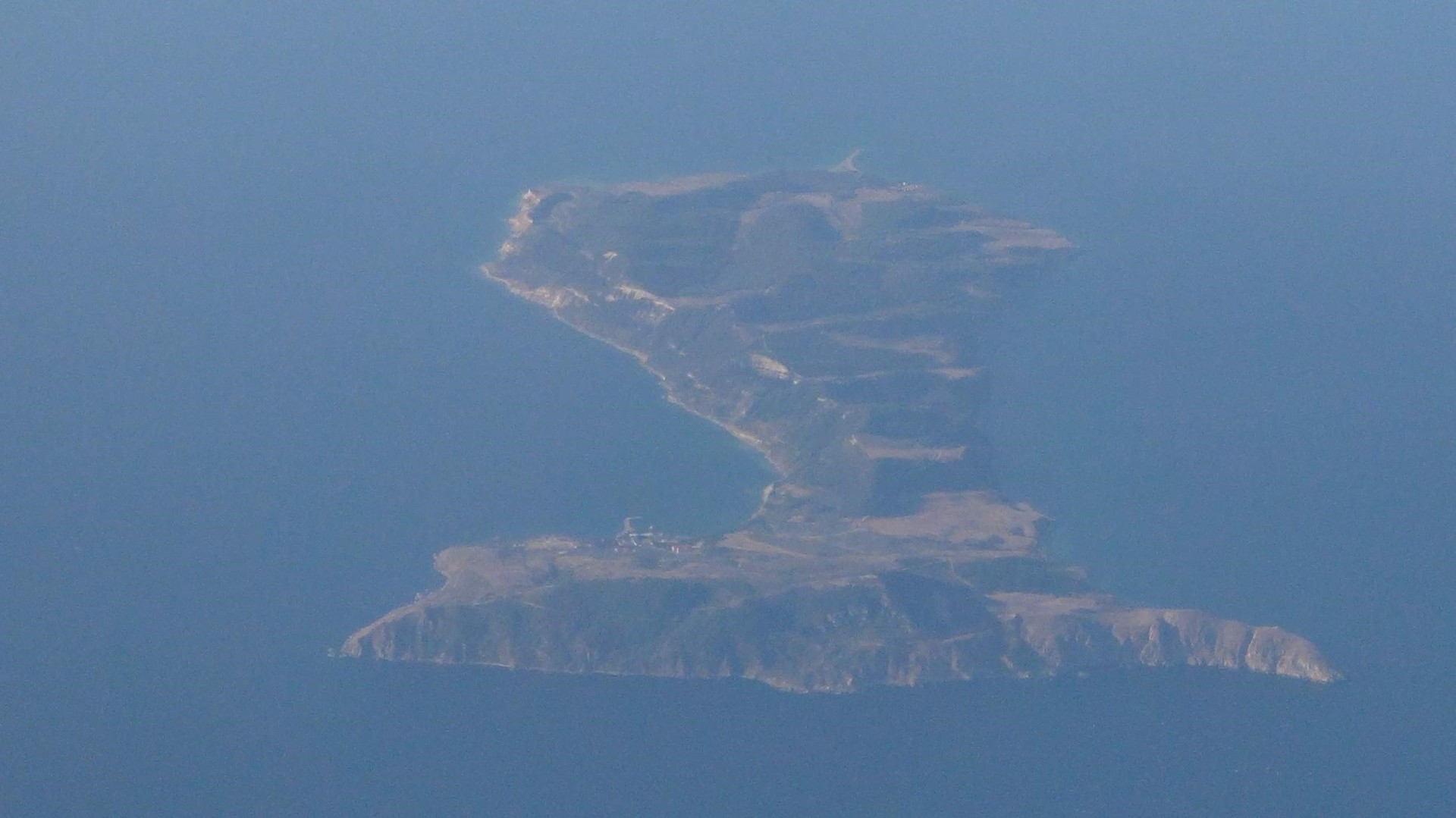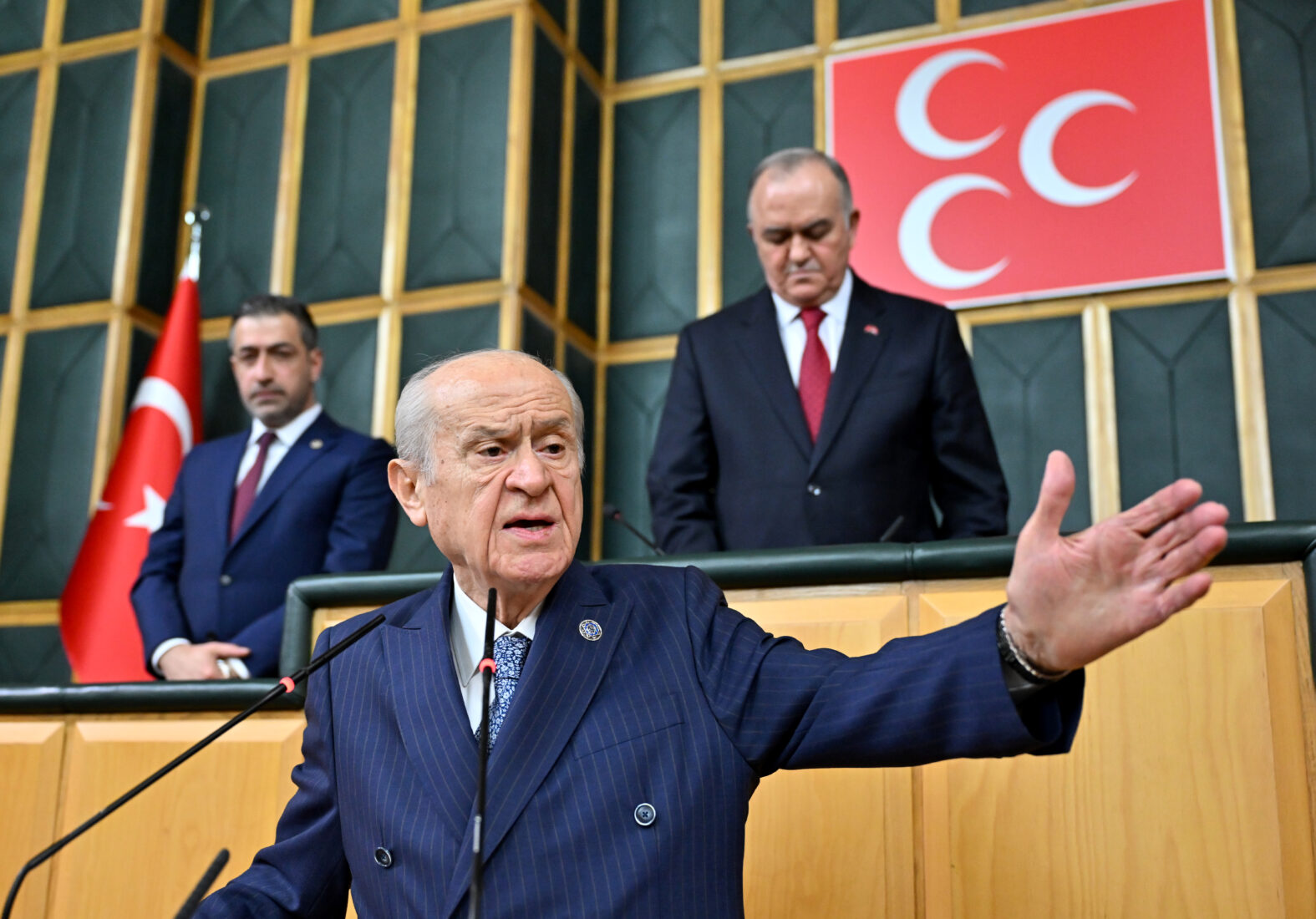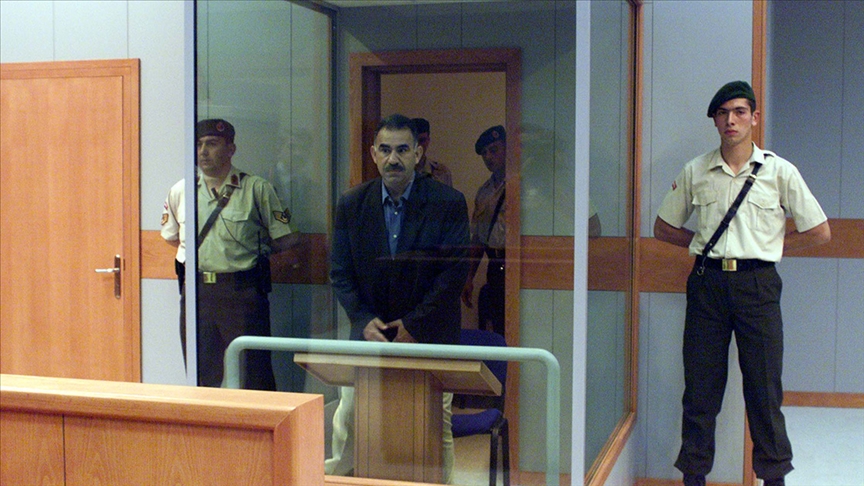
Turkish columnist Hande Firat delved into the renewed discussions surrounding the resolution process and debates on PKK terrorist group ringleader Abdullah Ocalan in her latest column for the daily Hurriyet.
Firat revisited the historical context of the resolution process, which officially began 11 years ago, and highlighted significant shifts in Türkiye’s counterterrorism landscape since then.
She pointed out that during the early days of the resolution process a decade ago:
Firat also highlighted a key turning point in 2015 when the process collapsed after the PKK exploited the situation to fortify its presence in southeastern Türkiye and across the border in Syria. This ultimately led to a decisive military response by the Turkish Armed Forces, marking the end of the resolution process.
The return of resolution process debates underscores the complexity of balancing security concerns with long-term peace-building in Türkiye. Firat’s analysis provides critical insight into how Türkiye’s approach has evolved, particularly with its focus on eliminating terrorism at its source.
Nowadays, Türkiye’s approach to counterterrorism has shifted from negotiations to decisive military operations. Firat emphasized that the number of terrorists within Türkiye has drastically decreased, and the PKK is no longer able to establish footholds within the country. Cross-border operations in Syria and Iraq have further eliminated threats at their source.
 Imprisoned PKK terrorist organization ringleader Abdullah Ocalan reportedly wants to be placed under house arrest and to marry. (AA Photo)" alt="Türkiye moves toward terrorism-free future with clear stance on PKK: Columnist">
Imprisoned PKK terrorist organization ringleader Abdullah Ocalan reportedly wants to be placed under house arrest and to marry. (AA Photo)" alt="Türkiye moves toward terrorism-free future with clear stance on PKK: Columnist">
 Imprisoned PKK terrorist organization ringleader Abdullah Ocalan reportedly wants to be placed under house arrest and to marry. (AA Photo)
Imprisoned PKK terrorist organization ringleader Abdullah Ocalan reportedly wants to be placed under house arrest and to marry. (AA Photo)
Firat’s article also highlights the unexpected call from Nationalist Movement Party (MHP) leader Devlet Bahceli for Abdullah Ocalan to make a public statement about disarmament. This marks a significant development, as any progress depends on Ocalan’s stance and the government’s subsequent actions. However, Firat noted that Türkiye remains firm in its commitment to reject foreign intervention in any such process.
The shifts in Türkiye’s counterterrorism strategy underscore its growing strength in navigating complex regional and global challenges. Firat argued that lessons from the failed resolution process have made Türkiye more experienced and uncompromising in its fight against terrorism, while maintaining its sovereignty against external powers like the U.S., Israel, and Iran.